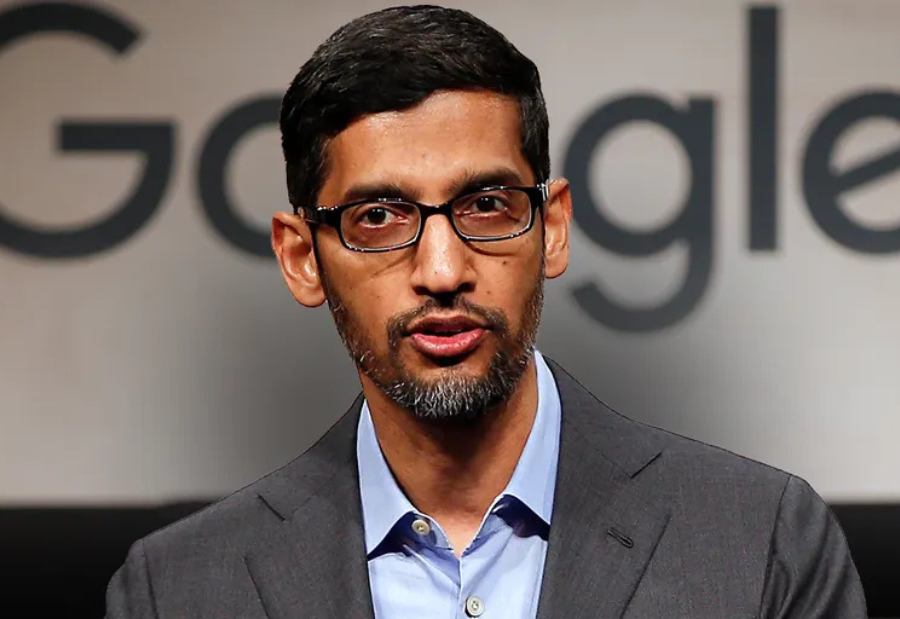At a meeting on November 6, Google’s AI infrastructure head Amin Vahdat told employees that the company must double its AI serving capacity every 6 months to meet rising demand. He explained this during a presentation titled AI Infrastructure, which included a slide noting that Google expects the next 1000 times growth in about 4 to 5 years. Vahdat said that competition in AI infrastructure is the most critical and most expensive part of the AI race. This discussion took place soon after Alphabet reported stronger than expected Q3 results and raised its capital expenditure forecast to between $91 billion and $93 billion, with an even larger increase planned for 2026.
Vahdat said Google aims to build infrastructure that is more reliable, more performant and more scalable instead of trying to outspend competitors. He highlighted gains from more efficient AI models and Google’s custom silicon, including the new seventh generation Tensor Processing Unit called Ironwood, which is almost 30 times more power efficient than the first Cloud TPU introduced in 2018. He added that DeepMind provides Google with strategic insights into future AI model development. He said Google must deliver 1000 times more capability in compute, storage and networking at roughly the same cost and energy level. Although he admitted that this goal will be challenging, he said that collaboration and co design will help the company move forward.
Sundar Pichai told employees that 2026 will be intense as Google faces stronger AI competition and higher demand for cloud services. He also addressed growing concerns about a potential AI bubble. While reading an employee question about long term sustainability, Pichai said, “It’s a great question. It’s been definitely in the zeitgeist, people are talking about it.” He warned about the risks of underinvesting and noted that cloud revenue grew 34 percent to more than $15 billion, with a backlog reaching $155 billion. Pichai said the company remains disciplined and is better positioned to handle market fluctuations than many others, though he cautioned that there will be ups and downs.
Market concerns increased ahead of a major chipmaker’s earnings report, with several AI linked stocks declining, even as the chipmaker rejected the idea of an AI bubble after reporting strong revenue growth. Google also launched its latest AI model, Gemini 3, which offers better performance on complex questions. However, Pichai said compute capacity remains the main limitation. He pointed to the Veo video generation tool, explaining that it could not reach more users due to compute constraints. When asked about capital expenditure growing faster than operating income, CFO Anat Ashkenazi said that Google sees major opportunities ahead, including moving more customers from physical data centres to the cloud and stressed that the company cannot afford to lose momentum.
Also read: Viksit Workforce for a Viksit Bharat
Do Follow: The Mainstream formerly known as CIO News LinkedIn Account | The Mainstream formerly known as CIO News Facebook | The Mainstream formerly known as CIO News Youtube | The Mainstream formerly known as CIO News Twitter
About us:
The Mainstream is a premier platform delivering the latest updates and informed perspectives across the technology business and cyber landscape. Built on research-driven, thought leadership and original intellectual property, The Mainstream also curates summits & conferences that convene decision makers to explore how technology reshapes industries and leadership. With a growing presence in India and globally across the Middle East, Africa, ASEAN, the USA, the UK and Australia, The Mainstream carries a vision to bring the latest happenings and insights to 8.2 billion people and to place technology at the centre of conversation for leaders navigating the future.




